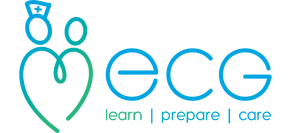Pharmacists have always played a pivotal role when it comes to local health needs. They are the familiar face that people see when they collect their prescriptions and they provide endless amounts of knowledge and advice. The pharmacy itself provides a vast array of products from toothpaste to gift sets, throat lozenges to blood pressure machines. They have always provided so much to the local population and have been the quiet heroes of healthcare.
In 2016 a report by the King’s fund found that pharmacies are an underutilised resource and have the potential to help provide better outcomes that work for the patient. This was proven during the pandemic when covid struck. It brought the healthcare service to its knees and pharmacists stepped up and were vital in the roll out of the vaccination programme. They made noise and shouted for the tools to let them help. Now as a result their expertise and ability to support the healthcare system has been brought to the forefront.
Pharmacists will be taking on more roles that include patient facing care so Clinical Assessment Skills will be needed to facilitate this. The hope is that when it is appropriate patients will first visit their local pharmacist before booking an appointment with their GP. This could potentially mean patients who are more unwell attending the pharmacy so the pharmacist would need to know how to manage this appropriately.
Good Clinical Assessment skills would enable pharmacists to identify and treat some non-urgent illnesses. For example, a mild ear infection that is likely to be self-limiting could be assessed in a pharmacy. The pharmacists could then provide reassurance to the patient as well as ear care advice and any safety netting required. This in turn would free up an appointment at the local GP.
Clinical Skills training would enable pharmacists to put their already vast knowledge and skill base to optimal use and support the local healthcare infrastructure. Pharmacists are not being asked to take on the role of a GP. They are being asked to help identify which patients need further medical care and which ones can be treated more easily at home.
Written by Jodie Convey RSCN, Clinical Development Manager, ECG Training, Tuesday 5th April 2022
References
https://wchh.onlinelibrary.wiley.com/doi/pdf/10.1002/psb.1724

